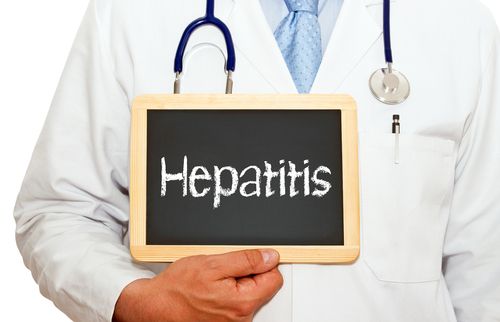World Hepatitis Day is marked every year on July 28 to raise awareness about liver infections that take millions of lives worldwide. This year’s theme is “one life, one liver.”
“You’ve only got one life, and you’ve only got one liver. Hepatitis can devastate both,” WHO explained the theme on its website, highlighting the need for healthy liver for a healthy life.
What is Hepatitis?
Hepatitis is the inflammation of the liver caused by viruses, alcohol, toxins or certain medications.
Viral hepatitis
The most common hepatitis is viral hepatitis caused by hepatitis viruses A, B, C, D and E. In the U.S., hepatitis A, B and C are the most common types.
- Hepatitis A: It is a liver inflammation that can result in mild to severe illness. The virus is transmitted through direct contact with an infected person or through contaminated food and water. Prevention: Consuming safe drinking water, proper sewage disposal and personal hygiene practice help to combat the virus. A safe and effective vaccine is available to prevent hepatitis A.
- Hepatitis B: It is a contagious liver infection caused by the hepatitis B virus, which gets transmitted through blood, semen or other body fluids. The infection can spread through sexual contact, sharing needles or other drug-injection equipment, or during pregnancy and delivery. After contracting the virus, some people show symptoms like fatigue, poor appetite, stomach pain, nausea and jaundice. In some case, the infection becomes chronic and lead to serious, even life-threatening, health issues like liver disease or liver cancer. Prevention: The best way to prevent hepatitis B is to get vaccinated.
- Hepatitis C: The infection is caused by the hepatitis C virus that spreads through blood from an infected person. The most common way it is spread is when a person with hepatitis C virus shares needles or other equipment used for injecting drugs. More than half of the infected people develop chronic illnesses from hepatitis infection, which can lead to…
Read the full article here








